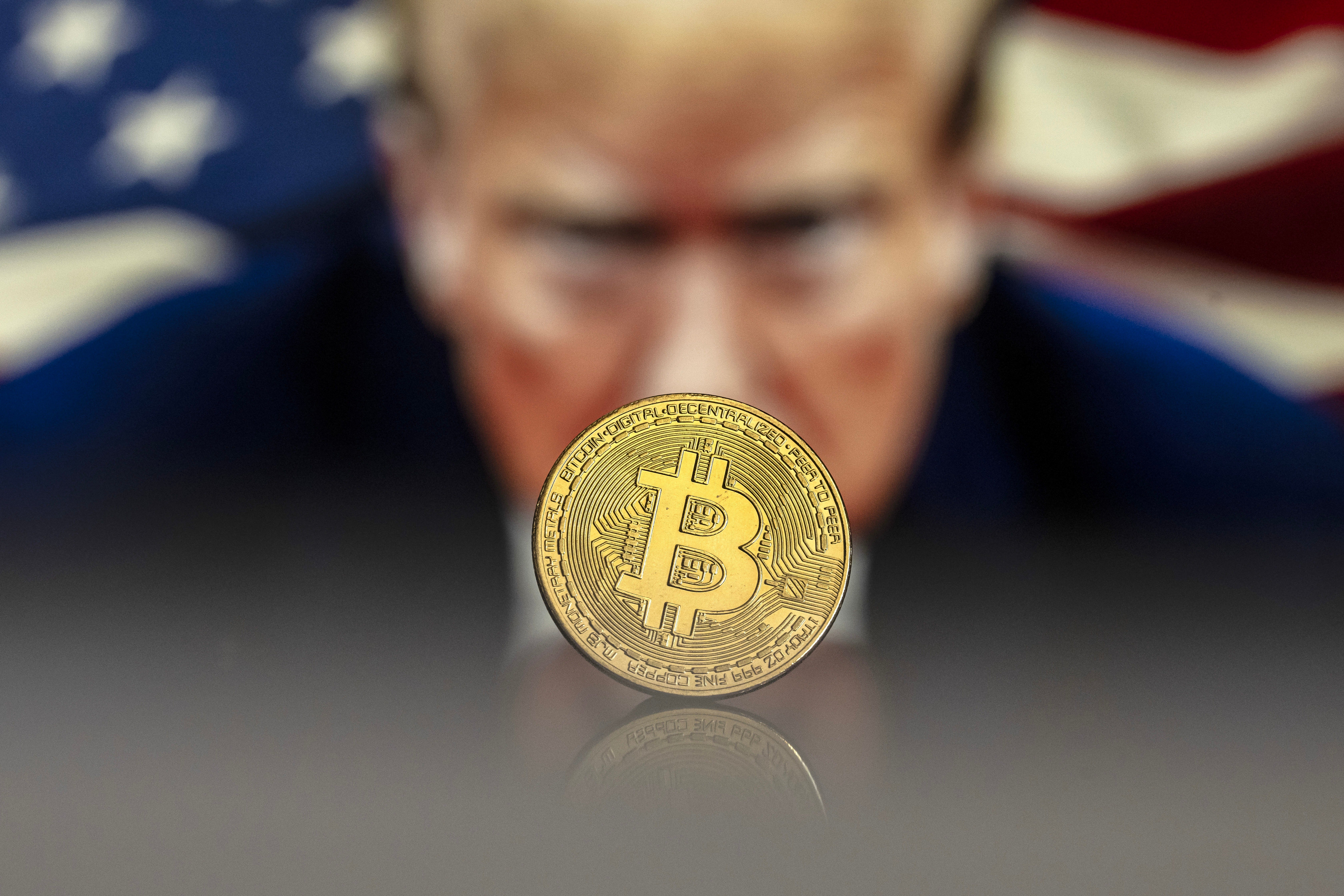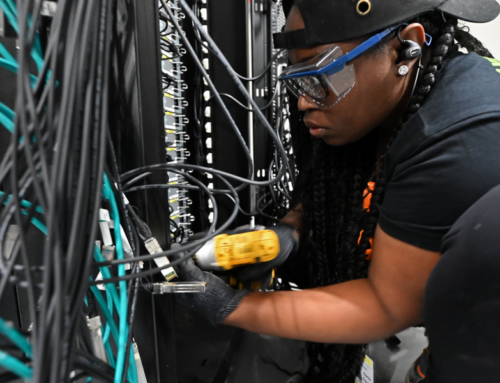Trump’s ‘made in USA’ bitcoin promise not based ‘in reality’
December 26, 2024
Your support helps us to tell the story
From reproductive rights to climate change to Big Tech, The Independent is on the ground when the story is developing. Whether it’s investigating the financials of Elon Musk’s pro-Trump PAC or producing our latest documentary, ‘The A Word’, which shines a light on the American women fighting for reproductive rights, we know how important it is to parse out the facts from the messaging.
At such a critical moment in US history, we need reporters on the ground. Your donation allows us to keep sending journalists to speak to both sides of the story.
The Independent is trusted by Americans across the entire political spectrum. And unlike many other quality news outlets, we choose not to lock Americans out of our reporting and analysis with paywalls. We believe quality journalism should be available to everyone, paid for by those who can afford it.
Your support makes all the difference.
It’s unlikely Donald Trump will be able to realize his campaign promise that all remaining Bitcoin will be made in the U.S., according to observers who know the industry.
“It is a Trump-like comment but it is definitely not in reality,” Ethan Vera, chief operating officer at Seattle-based Luxor Technology, which provides software and service to cryptocurrency miners, told Bloomberg News.
Bitcoin is made through a process known as mining, in which operations use high-powered, fuel hungry computers to solve complicated math problems used to validate transactions in the network and post them to a public ledger, known as the blockchain.
Crypto mining companies who solve these problems first are rewarded with payment, including in Bitcoin itself, a currency whose overall supply is currently capped at 21 million coins, not all of which have been issued.
Considerable roadblocks stand in Trump’s way to make good on his vow. Bitcoin mining is distributed across the world, particularly in places with cheap access to abundant energy needed to fuel the data centers needed to mine crypto.
The U.S. is currently home to less than half of all crypto mining, according to the government Energy Information Administration.

There’s not much Trump could do to change the distribution aside from encouraging favorable regulation and energy prices to get operators within the decentralized currency to come to the U.S. But it’s not clear how successful that would be, or how long it might take.
Moreover, a trade war with China like Trump is proposing, would further hike costs in the U.S., since most miners use Chinese-made computers.
Nonetheless, the Trump campaign courted the crypto industry throughout his 2024 campaign, promising to make the U.S. a “Bitcoin superpower,” with the government buying a strategic reserve of cryptocurrency, even though Trump once dismissed crypto as “based on thin air.”
Trump also promised to remove Securities and Exchange Commission Chair Gary Gensler, who is viewed as an opponent within the industry.
Trump even unveiled a crypto venture of his own in September.
The industry, in turn, has handsomely rewarded the Trump campaign.
It contributed over $200 million to Trump and his allies, with donations from firms involved in crypto including Ripple, Coinbase, and venture capital powerhouse Andreessen Horowiz.
In December, Bitcoin hit a record high price, in part because of optimism over the incoming administration.
Crypto exchanges Coinbase and Kraken have also donated $1 million to the Trump inaugural committee.
They join inauguration donors, including Amazon and Meta, as the tech industry seeks to build close relationships with the new White House.
As The Independent has reported, the 2024 marked a sea change in tech politics, in which many top figures in the industry, including Elon Musk, left behind their traditional Democratic allies and supported Republicans.
Search
RECENT PRESS RELEASES
Related Post




